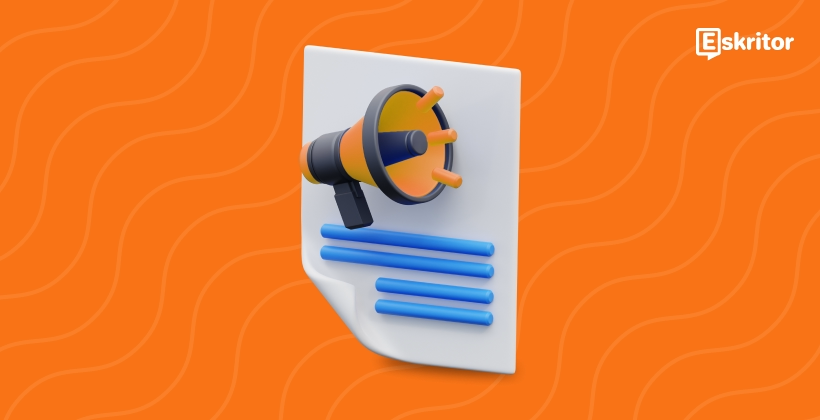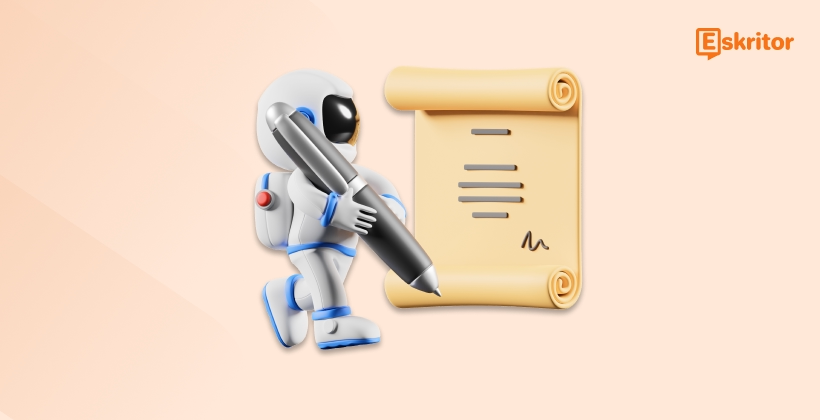AI Writing Tools vs. Human Writers – A Comparative Analysis
AI Writing Tools vs. Human Writers – A Comparative Analysis
Blog Article
The Future of AI Writing Technology Explained
As synthetic intelligence (AI) evolves, it continues to revolutionize exactly how we approach modern editing practices. From grammar modification tools to sophisticated material generation platforms, AI writer is reshaping the way authors, publishers, and builders improve their work. This blog explores the role AI represents in modern modifying and the impact it's across industries.

AI-Powered Tools Major the Cost
AI-powered resources are becoming an indispensable element of editing workflows. Pc software fueled by normal language processing (NLP) and unit understanding is able to do tasks like syntax checks, stylistic ideas, and sentence restructuring with extraordinary pace and accuracy.
For instance, AI-based syntax checkers can identify problems that the human eye may ignore, such as subject-verb agreement dilemmas or misplaced modifiers. Equally, model changes made by AI make certain that tone and flow arrange with the supposed audience, that will be invaluable for skilled editors.
These resources are not just restricted to traditional grammar corrections. They are designed for increasing readability, transforming inactive style to effective style, and also paraphrasing whole paragraphs without changing the meaning.
Effectiveness Matches Time Savings
Reports show that the use of AI resources may reduce editing time by up to 30%. In place of poring around every sentence manually, authors can concentration their efforts on creative and proper aspects of content. That change enables specialists to manage higher sizes of text in faster intervals, which can be particularly important for industries like publishing and electronic marketing.
Moreover, predictive AI characteristics can highlight recurring problems, helping authors enhance their skills around time. For businesses, this translates to less sources used on revisions and more finished results from the start.
Increasing Supply and Globalization
AI's role in modern editing runs beyond efficiency. Advanced interpretation and localization tools allow creators to conform material effortlessly for global audiences, deteriorating language barriers with precision. This technology ensures that the same concept may resonate with cultures world wide while keeping its authenticity.
AI also raises inclusivity standards by improving availability in content. Like, methods can identify potentially non-inclusive language and suggest alternatives. That ability enables writers to refine publishing therefore it resonates with varied audiences.

Striking a Harmony Between AI and Individual Imagination
While AI excels in speed and accuracy, it doesn't change human editors. Products usually absence the capability to interpret nuance, feeling, or cultural context fully. The ideal program combines AI's performance with human imagination and insight, causing truly excellent work.
By leveraging these technologies in modern editing methods, creators and writers alike may generate high-quality material that aligns with the fast-paced needs of today's digital world. AI will be the future of editing, however the human feel will be essential for storytelling and connection. Report this page